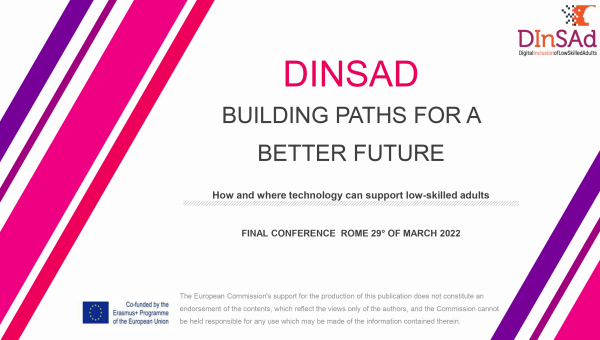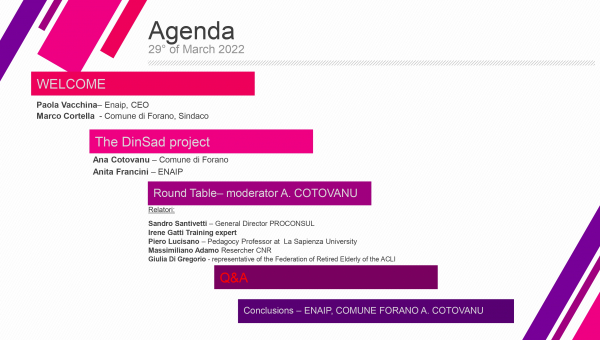The Project
According to the 2017 Digital Economy and Society Index, 44% of people in the EU have very low digital skills and an additional 27% have only basic digital skills. 19% of the people in Europe do not use the Internet. Europe is undergoing a digital transformation and citizens must be equipped with the appropriate skills to perform jobs and increase economic growth. The specific situations in the 4 countries involved are rather different since in some cases the level of digitalization (SE) is higher than other (IT, EL, RO).
However, there are some common aspects that need to be underlined:
- the digitalization level of low skilled adults is in all cases, is lower than the national average level;
- in all participating countries there is a dynamic trend in providing public services to adults through digital channels (e.g. health, education, culture, etc.);
- all countries involved have a common goal to increase economic competitiveness also through digitalization of production.
Keeping these aspects in mind, in the project, the partners will address the need to provide low skilled adults with necessary digital competences for supporting them in becoming more employable and socially integrated. The consequences of delaying improvements in the key areas could lead to the incapacity of Member States and Europe as a whole to reach the 2020 targets related to education and training, and digital skills.
Target group: The primary project target group consists of:
- Low Skilled adults (employed or not);
- Adult Training Organizations;
- Adult Trainers;
- Public institutions offering services to adult individuals (e.g. e-health, local/territorial centres for adult people, etc.).
Objectives
The project aims to strengthen adults’ capacity to efficiently use digital instruments as a precondition to improve their personal and professional lives, reducing significantly the inter-generational digital divide trend.
In particular, the project will provide friendly learning tools for low skilled adults in order to support them in reaching specific digital competences, in line with DigComp foundation and intermediate levels.
Intellectual Outputs
IO1 – Map of digital competences
Specific key digital competences required by low skilled adults in order to improve the quality of their professional and personal lives.
Sixteen good practices selected twenty interviews (5 per country) with key stakeholders on digital training for adults and their social inclusion through the use of digital instruments for their daily lives.
One Map of digital competences in line with EQF and DigComp2.1 , four national focus groups with relevant actors for validating the map of competences, four national validation reports and one European validation report.
You can find the two main results of the 1st Intellectual Output here and here. For more detailed information regarding the results of this Intellectual Output, please contact the project Coordinator/Partners
The complete text of the Competence Map can be found at the following link.
IO2 - DInSAd Board Game
An interactive board game that will allow low skilled adults to acquire fundamental digital knowledge, skills and competences.
One game methodology and four specific instruments, one Board game, developed Guidelines for mentors/study circle leaders, 20 low skilled adults engaged in testing the board game, four mentors/study circle leaders engaged in the testing of the game four national validation reports and one European validation report.
You can find the results of the IO2 output in the following links. Instructions here and European Validation report here.
IO3 – DInSAd Virtual Game
A virtual learning game for helping low skilled adults in acquiring digital competences at intermediate level, as described by DigComp 2.1.
One Virtual game implementing Guidelines for trainers/mentors and Guidelines for users. One internal testing report forty (40) low skilled adults and four trainers/mentors engaged in testing the virtual game in the partner countries. Four National testing reports, one European testing report and one report on final fine tuning of the game.
You can find the Transnational Report for IO3 here .
Partners
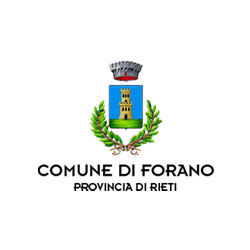
Comune di Forano
Phone: +390765570020
E-mail: servizisociali@comune.forano.ri.it
Contact Person: Emilio Fiori
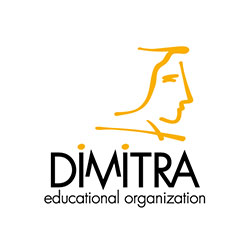
DIMITRA Education & Consulting
Phone: 0030 2410 554024
E-mail: euprojects@dimitra.gr
Contact Person: Vaso ANASTASOPOULOU
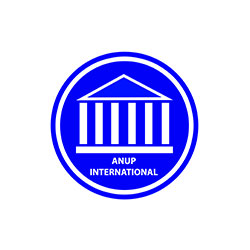
ANUP-International
Phone 0040 741071305
E-mail: ileanaboeru@yahoo.com
Contact Person: Ileana Boeru
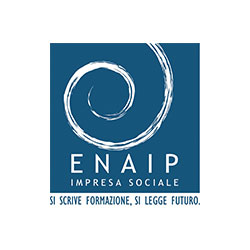
ENAIP Impresa Sociale srl Italy
Phone +39 0690211951
E-mail: info@enaipis.net
Contact Person: Vitaliana Cecchetti
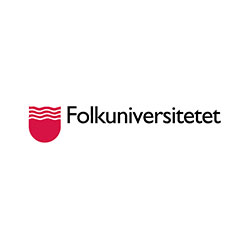
STIFTELSEN KURSVERKSAMHETEN VID U-AUNIVERSITET
Phone +46704541464
E-mail: anastasiia.tsaruk@folkuniversitetet.se
Contact Person: Anastasiia Tsaruk
Funding

News
Final Conference of the DinSad project in Rome
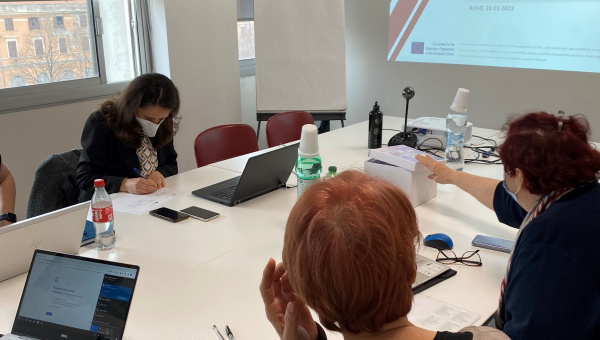
DInSAd Project - Conference of Τransnational partners - Monday 28/03/2022
The event is organized by ENAIP and the project partners participate w...
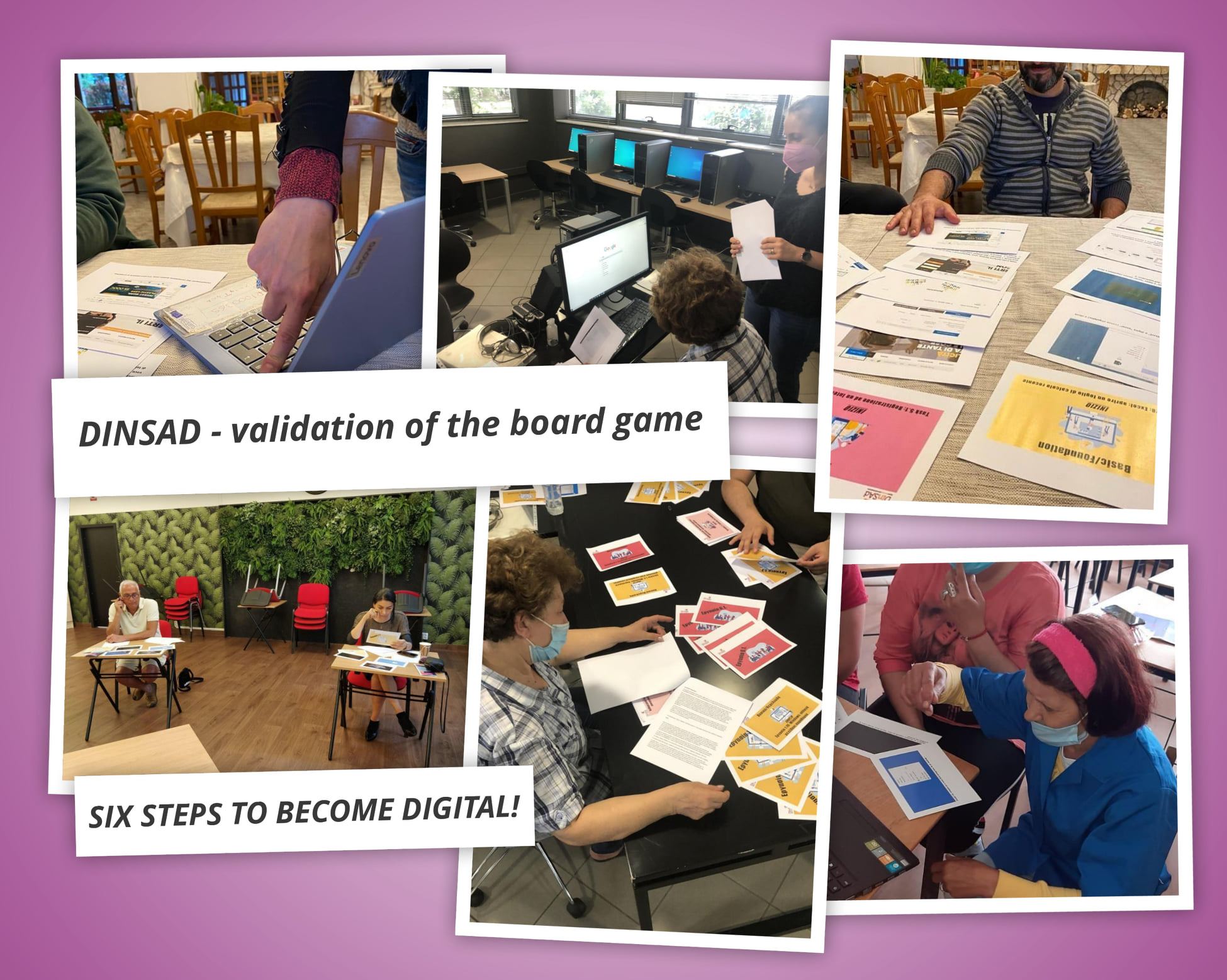
3rd Newsletter
we are pleased to inform you that we have reached the end of Output 2 of DInSAd Project.
As you know, the project aims to strengthen the ability of adults to efficiently use digital tools as ...






_page-00011.jpg)
_page-00021.jpg)
_page-00031.jpg)
_page-00041.jpg)
_page-00051.jpg)
_page-00061.jpg)
_page-00071.jpg)


